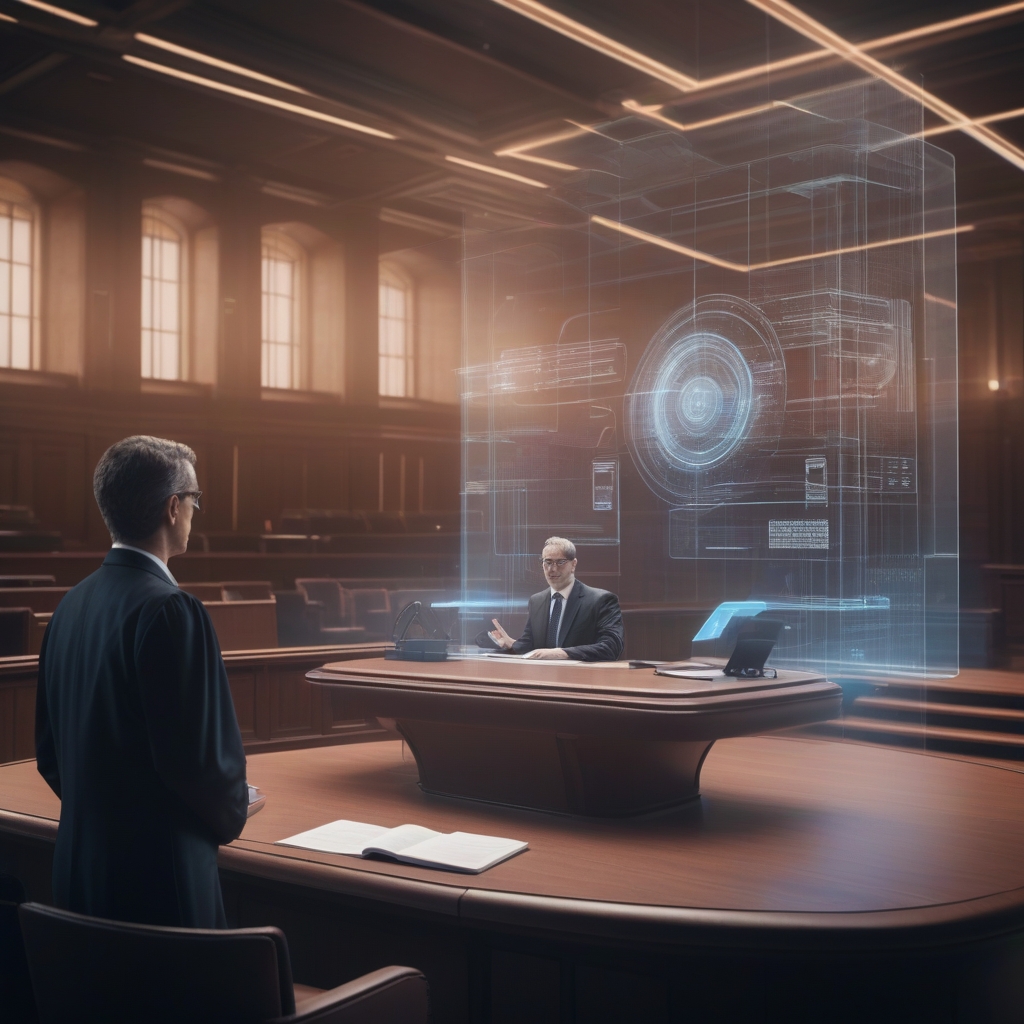The Rise of AI in Education: A Double-Edged Sword
The advent of Artificial Intelligence (AI) in education has ushered in numerous transformative changes. From personalized learning experiences to automated grading systems, AI aims to revolutionize how students learn and how educators teach. However, with these developments come challenges, epitomized by a contentious lawsuit in Massachusetts where parents allege that a teacher’s use of AI unfairly punished their child for cheating.
Understanding the Legal Dispute
This legal battle unfolds with a Massachusetts high school student at its center. Accusations of cheating arose after the student’s history essay was flagged by AI technology, leading to a failing grade. The student’s parents, vehemently denying these allegations, have taken legal action against the school, arguing that the AI algorithms employed lack transparency and may exhibit bias.
The core of the dispute lies in whether the AI’s assessment was accurate or if it misjudged an innocuous action as dishonest. The teacher, an esteemed figure known for integrating technology into the classroom, defends the AI’s findings. Meanwhile, the controversy raises critical questions about the reliability and accountability of AI systems in educational settings.
The Role of AI in Modern Classrooms
AI is increasingly becoming an integral part of educational environments. Its applications range from administrative tasks to advanced learning analytics that provide insights into student performance. But what happens when these tools overstep, potentially affecting student outcomes?
Benefits of AI in Education:
- Personalized learning pathways
- Efficient grading and feedback systems
- Data-driven insights into student performance and engagement
Despite these advantages, AI’s use in education necessitates vigilance. The Massachusetts lawsuit is a stark reminder of the potential pitfalls when machines interpret human actions, especially when the outcomes can have serious academic and personal consequences.
The Challenges of Implementing AI in Schools
While AI technologies promise a revolution in educational methodologies, their integration faces hurdles:
Lack of Transparency
AI algorithms are often seen as “black boxes,” with their decision-making processes remaining opaque. This lack of clarity can lead to skepticism and resistance from students, parents, and educators alike. The Massachusetts case underscores this challenge, highlighting the need for schools to ensure that AI systems are transparent and their outcomes easily understandable.
Algorithmic Bias
Even the most sophisticated AI models can harbor biases, depending on their training data and design. If not addressed, this can perpetuate discrimination or unfair treatment, as AI systems might misinterpret cultural nuances, language subtleties, or other context-specific aspects of student work.
Ethical Concerns
There are ethical dimensions to consider when deploying AI in education. Data privacy is paramount, ensuring that student information is protected and that AI systems adhere to ethical guidelines. In this ongoing debate, the Massachusetts lawsuit serves as a critical case study illustrating these profound complexities.
Possible Resolutions and Future Directions
In the wake of this legal dispute, schools and educators must deliberate on measures to mitigate such conflicts and harness AI responsibly.
Enhanced Training for Educators
Teachers should receive comprehensive training on AI tools, encompassing both technical functionalities and ethical implications. This knowledge would equip them to use AI judiciously, understanding potential challenges and addressing them proactively.
Clear Policies and Guidelines
Educational institutions should establish unambiguous policies on AI usage, specifying cases where AI evaluations are defensible and those where human oversight is necessary. This framework would help preempt disagreements and ensure AI is applied in a fair and controlled manner.
Inclusive Dialogue with Stakeholders
Engaging students, parents, and educators in discussions on AI’s role in education fosters understanding and builds trust. Providing platforms for dialogue ensures that concerns are heard, and solutions are co-created, promoting a collaborative approach to AI integration.
Conclusion: The Path Forward
The Massachusetts “AI cheating” lawsuit is a pivotal moment prompting introspection about artificial intelligence’s place in our educational systems. It challenges educators, technologists, and policymakers to reconsider how AI can be both a tool for empowerment and a source of contention.
Moving forward, the resolution lies in striking a balance between embracing innovation and safeguarding fairness and equity in education. By cultivating transparency, eliminating biases, and fostering open dialogue, we can pave a path where AI serves as an ally, enriching the educational landscape while upholding academic integrity.

Leave a Reply